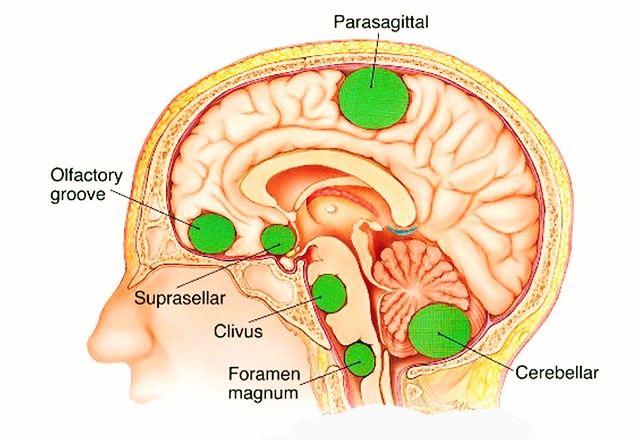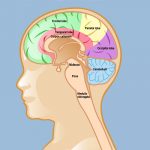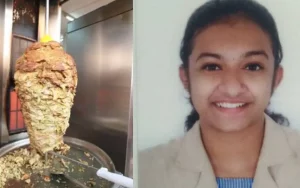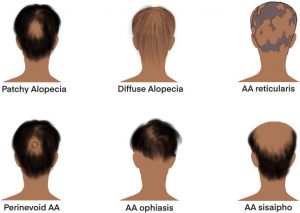Support Programs Are Vital To Families Of Children With Brain Tumors And Brain Cancer
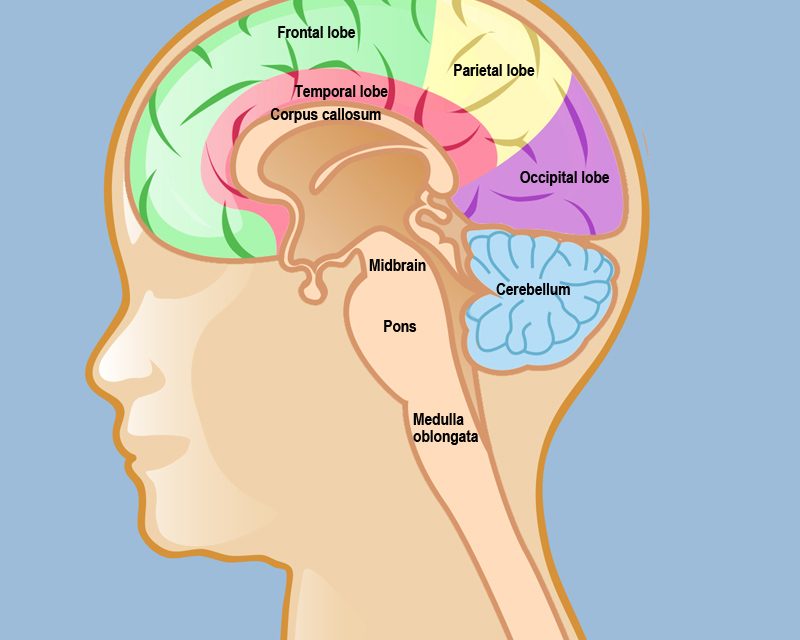
When a child is diagnosed with a brain tumor or brain cancer, the news’s initial impact on the family is simply overwhelming. This is a crucial time for the patient, parents, families, and friends. Time is often of the essence; quick decisions and fast actions are typically required, and lives are changed forever in a split second.
Thus begins a journey down a very long and difficult road. Where do parents go for information? Who do they turn to for support? How will they know what’s best for their child? These families must have resources available to them to assist them in making the critical decisions they now face.
Thankfully, several exceptional family support and outreach programs are sponsored by nonprofit organizations focusing on children’s brain tumors and brain cancer. These programs provide valuable resources for education, assistance, and support. While there are many reasons for parents of children with brain tumors to connect with a support group, three primary reasons are discussed below.
Education
One of the first questions for parents of children newly diagnosed with brain tumors and brain cancer is, “What does this mean for my child?”
Family support and outreach programs can answer this and countless other questions by providing resources for general awareness of the disease, treatment options, and even facilities equipped to provide the best treatments available. Support programs can also help families stay abreast of the latest research on treatments, survivorship, and long-term effects for the survivors of this deadly disease.
Assistance
Assistance for families taking this difficult journey can come in various forms. It may involve locating the right doctors and facilities to care for their child, or perhaps, working through the maze of insurance forms and red tape. Researching options for financial aid or finding local resources for supplies or services that might be needed for the child’s care and recovery are also ways these support groups can offer help to these families.
In addition to the assistance provided to individual families, these nonprofit organizations work tirelessly on promoting and servicing the overall mission – finding better treatments for kids suffering from brain tumors and brain cancer, and improving the quality of life for survivors.
Support
Above all else, these kids’ parents and loved ones need emotional support. They need to belong to a community of people traveling the same, long road that they find themselves on. They need to know that they are not alone in their journey.
The emotional support given so freely in these family outreach programs cannot be found anywhere outside these unique groups of fathers, mothers, sisters, and brothers. Who can better understand a mother’s grief when she learns that her instincts about her child’s health were right? Or the sorrow that consumes a father when he finally allows himself to cry, alone in the shower? And who better to share the joy when a family transitions to survivorship?
These family support groups offer support not only for parents and extended families but also for the patients. Understanding the toll that this terrifying journey takes on all, most support groups sponsor various conferences, camps, and other events throughout the year as a respite to the families. These events provide opportunities to connect with others in this unique community while also gaining insight into educational and vocational opportunities.
Being very much aware of the needs of bereaved families and families of survivors, there are also support groups geared specifically to their needs. Some of these groups have mentors, parents who have stood in the same shoes, who work with families in many ways as they move through the difficult transitions.
Education. Assistance. Support. Connecting with the right support group is essential for parents and families facing this difficult journey. Parents, you are not alone. Help is out there, waiting for your call.

